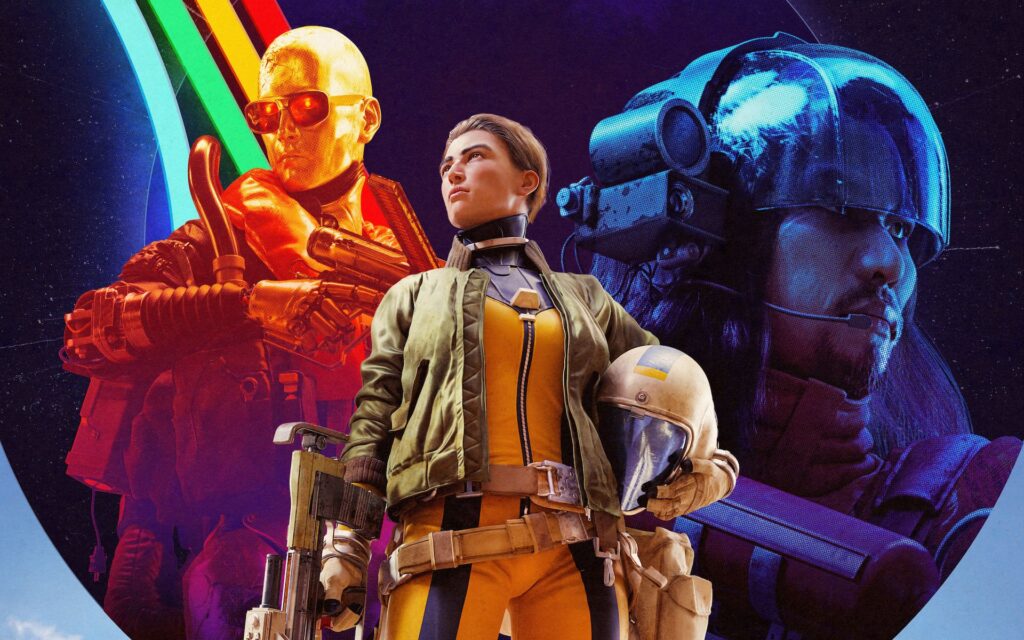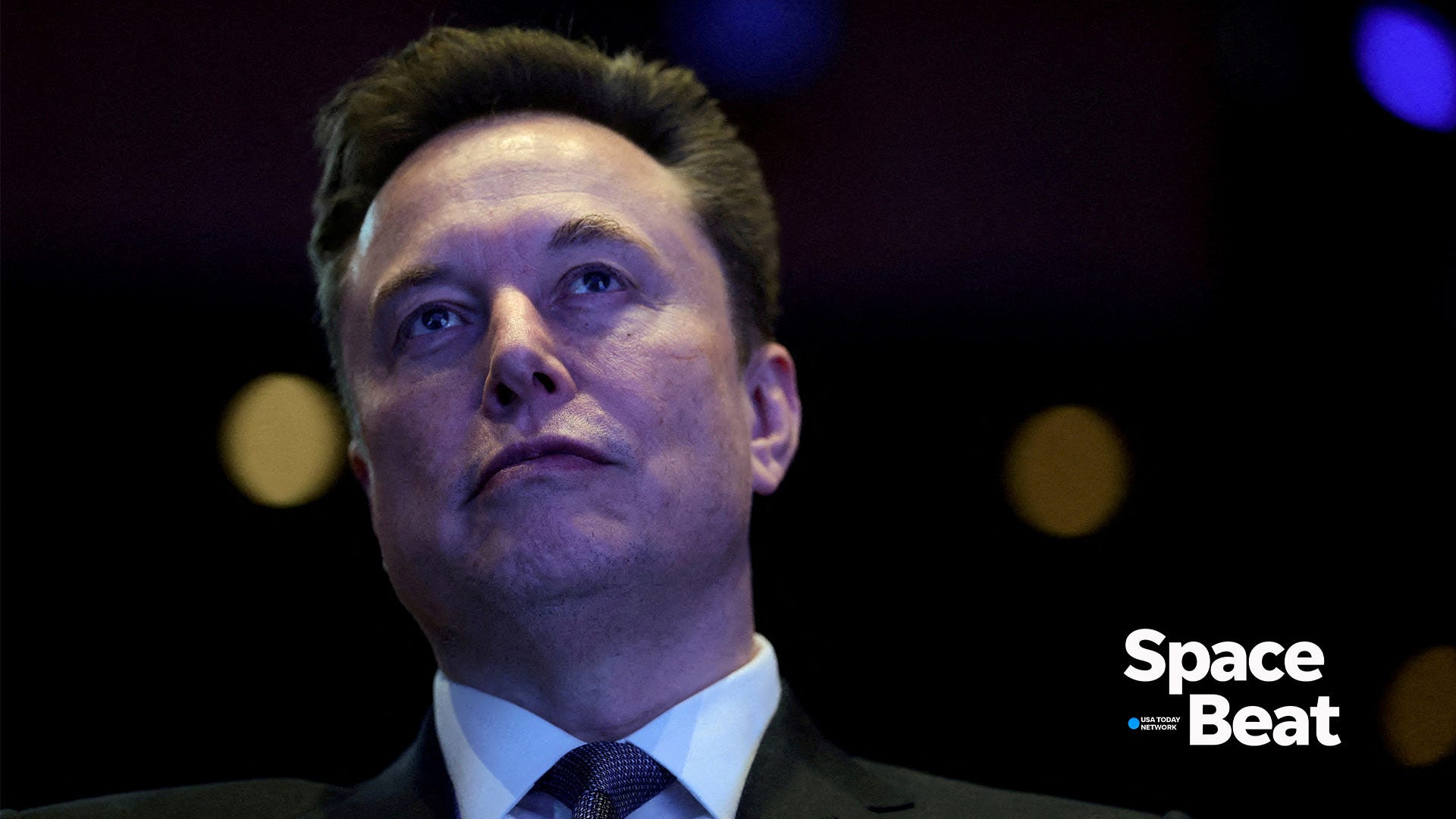
The gaming industry is facing a significant divide over the role of artificial intelligence (AI) in game development. Nexon CEO Junghun Lee recently asserted that AI tools are ubiquitous, a claim that has drawn sharp criticism from numerous game developers.
During an interview with the Japanese outlet Game*Spark, Lee stated, “I think it’s important to assume that every game company is now using AI.” He emphasized the benefits of AI in enhancing efficiency within game production and live service operations. Lee suggested that as more companies adopt similar technologies, the challenge will be to devise strategies that maintain competitiveness, highlighting Nexon’s focus on “human creativity” alongside its use of AI.
This statement comes on the heels of controversy surrounding Nexon’s latest title, Arc Raiders. Developed by Embark Studios, the game has faced backlash for its use of AI-generated voices. The studio employed real voice actors for initial recordings but utilized text-to-speech software to create additional voice lines. The developers argue that this approach allows for quicker updates to the game without requiring actors to return for new recordings.
The response from the wider gaming community has been anything but supportive. Many indie developers have outright rejected the notion that AI is a staple in their work. Xalavier Nelson Jr., creative director at Strange Scaffold, challenged Lee’s comments on the platform Bluesky, stating, “We don’t use generative AI at Strange Scaffold and I can confirm that a *lot* of other studios are not—whether indie or AAA. Get outta here with this normalization.”
Support for this viewpoint is strong among indie developers. Kaizen Game Works, the team behind Promise Mascot Agency, declared their commitment to human creativity, stating their creations are “all pure, human nonsense and love.” Similarly, Chi Xu, producer at D-Cell Games, noted that no AI was involved in the development of their upcoming title, Unbeatable. Xu remarked, “Relinquishing creative choices to tools makes your work empty, vapid, and meaningless.”
In stark contrast, not all industry leaders oppose AI integration. Tim Sweeney, CEO of Epic Games, responded to criticisms of Arc Raiders’ AI use, arguing that concerns about AI in game development are politically charged. He suggested that as technology enhances productivity, competition will naturally lead to the creation of better games. Sweeney characterized the debate as one of perspective on whether AI is a net positive or negative for the industry.
Nelson responded to Sweeney’s comments, framing the reliance on AI as indicative of a “skill issue” in game development. He stated, “We’re being told that AI is the only way to make games cheaper and faster. We put out roughly three games a year, not touching the stuff.” His studio’s rapid output, including titles such as Clickolding and I Am Your Beast, showcases their ability to thrive without AI tools.
In a broader reflection on the use of AI in gaming, Nelson outlined five motivations for developers who choose to adopt these technologies: pressure from management, a belief in the potential of AI, fear of being left behind, budget constraints, and addressing quality gaps. He cautioned that relying on AI can mask deeper issues within game design processes, leading to a subpar player experience.
As the industry evolves, the debate over AI’s role in game development is likely to intensify. Many developers advocate for a return to traditional methods, emphasizing the importance of human creativity in crafting engaging experiences. Despite the divided opinions, the conversation highlights a critical juncture for the gaming community as it navigates the implications of AI technology.
Representatives for Nexon did not respond to requests for comment before publication, leaving questions about the company’s future direction and relationship with AI tools unanswered.







